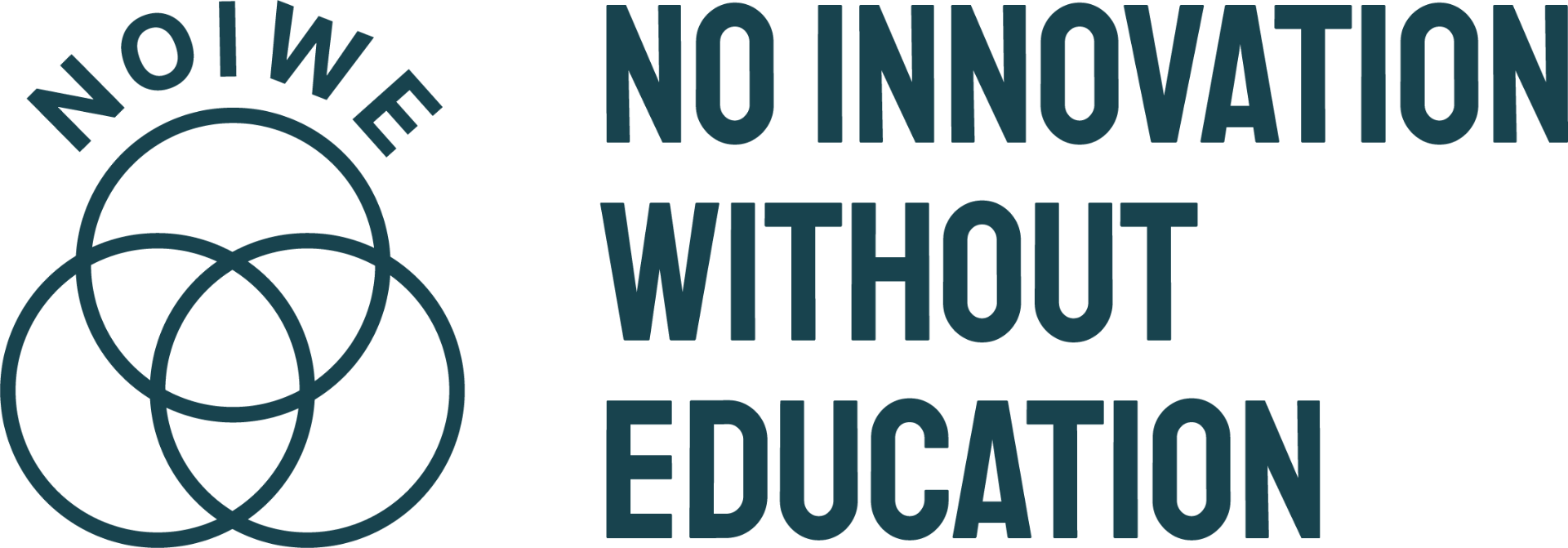About NOIWE
NOIWE® – No Innovation Without Education is an education and social innovation platform dedicated to developing, piloting, and researching Transformative-Emancipatory Pedagogy (TEP)® worldwide.
We work at the intersection of education, social sciences, and transformative learning to support ethical engagement with complex societal challenges. Our work is grounded in rigorous pedagogical research, enabling adaptation and learning across diverse institutional and cultural contexts.
A PEDAGOGY OF HOPE
We dream of a world where education empowers individuals, communities, and institutions to shape more just and sustainable futures.

MISSION
NOIWE is an independent education and social-innovation company founded in 2022 and based in Sweden, working internationally with active engagements in Morocco and beyond.
Its mission is to place human dignity, diversity, and justice at the heart of learning and social change. It is grounded in the belief that education plays a central role in shaping more inclusive, reflective, and responsible societies, particularly in times marked by divisions, polarization, inequality, and uncertainty.
The organization supports educational practices that enable learners and educators to engage critically and ethically with complexity. Its work seeks to strengthen personal growth, relational responsibility, and collective capacities for dialogue and transformation.
FOUNDER
NOIWE was founded by Dr. Teresa M. Cappiali, political scientist and educator, and the creator of Transformative-Emancipatory Pedagogy (TEP)®
The TEP Community
Transformative-Emancipatory Pedagogy (TEP) emerged through dialogue, academic exchange, and long-term collaboration with colleagues across diverse contexts. It continues to evolve through sustained engagement with scholars, educators, and practitioners who approach education as a practice of freedom, responsibility, and transformation.
We welcome dialogue with individuals interested in learning about TEP, engaging with its principles, and exploring possibilities for contribution across educational, social, and professional settings.
PARTNERSHIPS WITH FORWARD-LOOKING INSTITUTIONS
We work with universities, NGOs, schools, and mission-driven organizations engaged in processes of transformation across diverse contexts. We believe that transformation emerges through sustained, trust-based partnerships with institutions that share a commitment to depth, relational responsibility, and ethical engagement with complexity. For this reason, we prioritize aligned collaborations and approach change as a co-created, context-sensitive process.
DOES OUR CALL RESONATE WITH YOUR VISION OF CHANGE?
Whether you’re looking to pilot TEP in your institution, support facilitators and educators, or co-create new approaches to learning and change, we’d love to hear from you.
